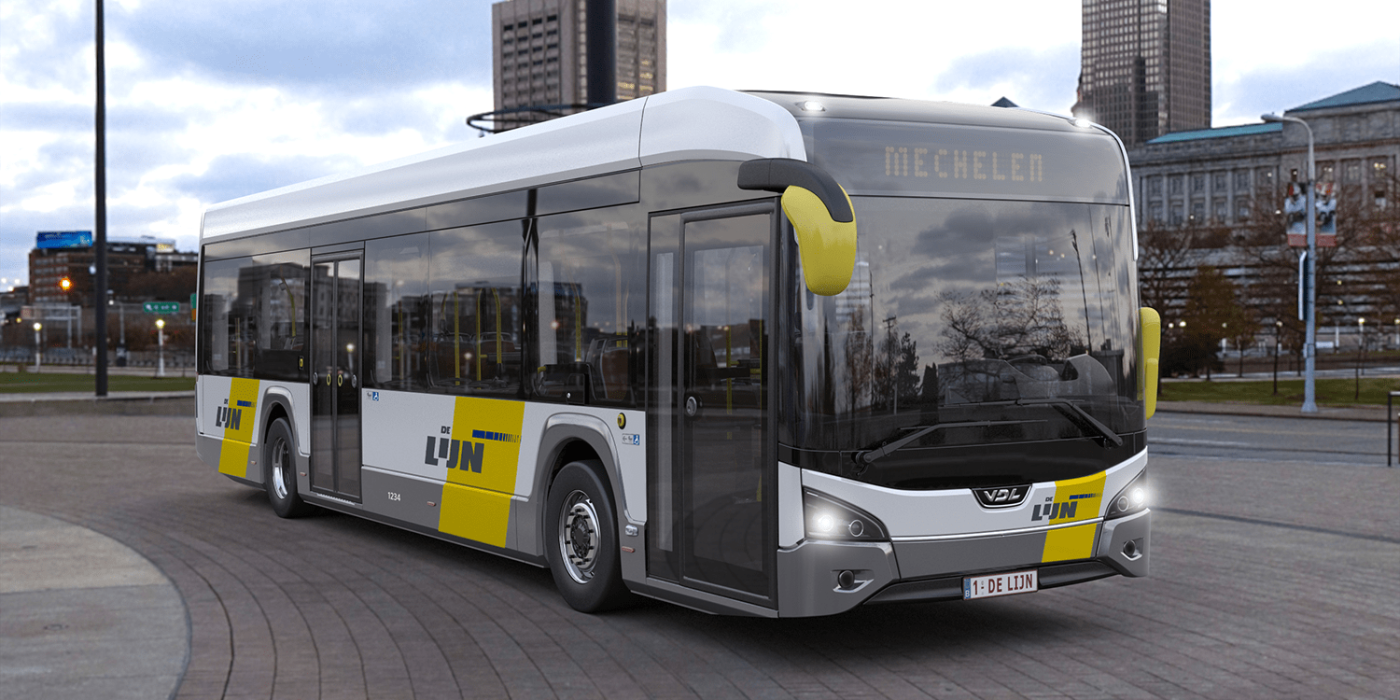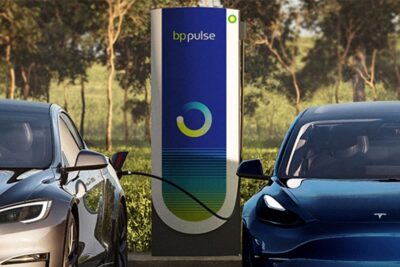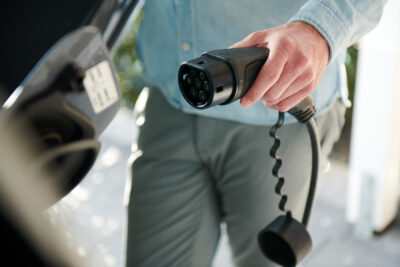De Lijn orders more SPIE-Ekoenergetyka depot charging
In Belgium, the Flemish public transport company De Lijn has ordered 252 additional depot charging stations for its electric and hybrid buses. The order goes to SPIE-Ekoenergetyka as an extension of the existing cooperation. The new charging stations are scheduled to go into operation in 2023 and 2024.
SPIE-Ekoenergetyka is a joint venture between SPIE Belgium and the Polish charging infrastructure manufacturer Ekoenergetyka. The partners have not revealed further details on the contract details and the type of charging stations, saying only that further charging infrastructure has been ordered on the basis of the installations already carried out and that the agreement also includes the commissioning and maintenance of the equipment in addition to the delivery.
SPIE-Ekoenergetyka already won the contract with De Lijn at the end of last year. At the time, the Belgian company ordered 60 electric buses and ordered the necessary charging infrastructure in equal parts from the suppliers SPIE-Ekoenergetyka and Heliox. The charging infrastructure was focussed on the locations Genk-Winterslag, Destelbergen near Ghent and Kortrijk. The new charging stations from SPIE-Ekoenergetyka are to be used again “among others in Destelbergen and Genk”.
In July this year, De Lijn procured the charging and depot management system PSIebus from the German supplier PSI Transcom for its electric buses with a contract worth 11.2 million euros. In Germany, PSI Transcom’s software is used in bus depots in Berlin, in and around Hamburg and Munich, among other places.
Since 2019, the public transport operator De Lijn has exclusively procured buses with alternative drives. These initially included buses with hybrid drives. In the meantime, the Flemish-Belgian company is increasingly turning to purely electric buses. In spring, for example, the board of De Lijn launched a procurement procedure for up to 1,250 electric buses with lengths between 8.5 and 24 metres. This procedure runs parallel to a framework tender from last year for 350 12-metre electric buses. At the end of 2021, De Lijn ordered 60 electric buses from the latter package from Van Hool and VDL.
The region of Flanders has the declared goal of offering completely emission-free public transport by 2035. De Lijn says that it wants to make its public transport services emission-free by 2035.





0 Comments